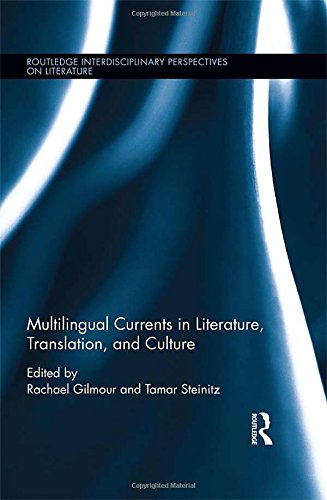

Most ebook files are in PDF format, so you can easily read them using various software such as Foxit Reader or directly on the Google Chrome browser.
Some ebook files are released by publishers in other formats such as .awz, .mobi, .epub, .fb2, etc. You may need to install specific software to read these formats on mobile/PC, such as Calibre.
Please read the tutorial at this link. https://ebooknice.com/page/post?id=faq
We offer FREE conversion to the popular formats you request; however, this may take some time. Therefore, right after payment, please email us, and we will try to provide the service as quickly as possible.
For some exceptional file formats or broken links (if any), please refrain from opening any disputes. Instead, email us first, and we will try to assist within a maximum of 6 hours.
EbookNice Team

Status:
Available4.3
28 reviewsAt a time increasingly dominated by globalization, migration, and the clash between supranational and ultranational ideologies, the relationship between language and borders has become more complicated and, in many ways, more consequential than ever. This book shows how concepts of ‘language’ and ‘multilingualism’ look different when viewed from Belize, Lagos, or London, and asks how ideas about literature and literary form must be remade in a contemporary cultural marketplace that is both linguistically diverse and interconnected, even as it remains profoundly unequal. Bringing together scholars from the fields of literary studies, applied linguistics, publishing, and translation studies, the volume investigates how multilingual realities shape not only the practice of writing but also modes of literary and cultural production. Chapters explore examples of literary multilingualism and their relationship to the institutions of publishing, translation, and canon-formation. They consider how literature can be read in relation to other multilingual and translational forms of contemporary cultural circulation and what new interpretative strategies such developments demand. In tracing the multilingual currents running across a globalized world, this book will appeal to the growing international readership at the intersections of comparative literature, world literature, postcolonial studies, literary theory and criticism, and translation studies.